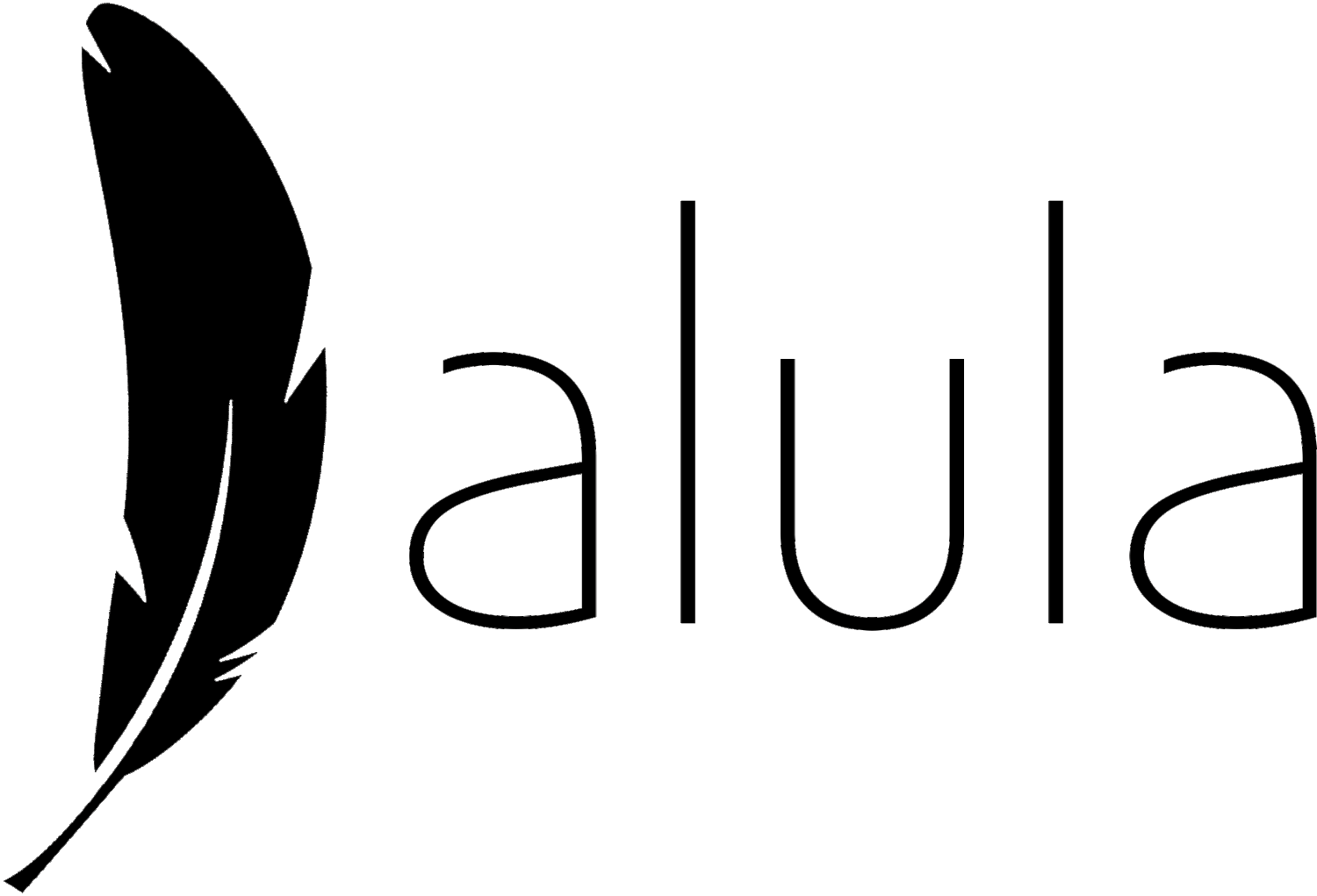Your Voice Matters: How Expression Empowers NDIS Participants
When we talk about disability support, the focus is often on routines, plans, and funding. But beneath all that, at the heart of quality care, is something deeply human:
🗣️ The power to express yourself.
Whether it’s choosing what to wear, how to communicate, or what activities feel meaningful, expression isn’t just a nice extra. It’s a fundamental human right, and a core part of thriving within the NDIS.
At Alula, we believe that true support begins with listening. And we’re not just listening for words, we’re listening for needs, preferences, personality, and identity in all the ways they show up.
Why Expression Matters in Disability Support
Everyone expresses themselves differently. For some, it’s through words or gestures. For others, it might be through pictures, AAC devices, or behaviour. Regardless of how it’s done, the ability to express thoughts, feelings, and preferences is vital.
Here’s why:
✅ It builds autonomy.
When people can express their wants, needs, and boundaries, they can actively participate in decision-making; not just be recipients of care.
✅ It boosts confidence.
Being heard helps people feel respected and valued, which can reduce anxiety and build self-esteem.
✅ It strengthens relationships.
Good support isn’t one-sided. When participants and support workers communicate openly, trust deepens and care improves.
✅ It supports mental wellbeing.
Feeling silenced or ignored can lead to frustration, isolation, or depression. Expression opens the door to meaningful connection.
Voice & Choice: How Alula Puts This into Practice
At Alula, we prioritise participant-led support. That means:
🔄 Co-designing support plans: participants (and their informal supports) help shape their care from the beginning
📱 Offering communication flexibility: spoken, signed, written, pictorial, digital. Whatever works best
🎨 Encouraging creative outlets: art, movement, music, and self-expression are part of our community activities
🧠 Adapting support for neurodivergent and non-speaking participants: including low-stimulation environments, clear choice-making tools, and trauma-informed responses
💬 Asking for regular feedback: not just with formal reviews, but in everyday conversations like “How are things feeling this week?” or “Is there something we can change?”
🛠️ How You Can Support Voice & Expression (Even Outside the NDIS)
Whether you’re a family member, carer, or community member, here are ways to support expression every day:
Ask open questions.
Instead of “Do you want to go to the park?”, try “Where would you like to go today?” This invites choice and personal input.Be patient with communication differences.
Give people time. Avoid rushing or filling in silences. Respect all communication styles, from sign language to eye movements.Use visuals and options.
Photos, drawings, and simple choice boards can help people make decisions and feel involved; especially for non-verbal participants.Celebrate creative outlets.
Support hobbies like painting, writing, movement, or music. These can be profound tools for self-expression, healing, and joy.Don’t assume — ask.
Even if you’ve known someone a long time, identity and preferences evolve. Regular check-ins build respect and connection.
🟪 Wear It Purple Day: Celebrating Expression & Inclusion
On 29 August, Alula proudly supports Wear It Purple Day — an initiative that shows LGBTQIA+ young people that they are seen, valued, and belong.
For many participants, being able to safely express gender, sexuality, and identity is life-changing. It’s not just about safety: it’s about celebration.
This year’s message: “Bold Voices. Bright Futures.”
At Alula, we aim to create spaces where everyone, regardless of how they identify, can share their voice and feel proud of who they are.
Final Thoughts
Everyone has a story. Everyone has a voice. And everyone deserves the chance to express both.
At Alula, we’re not here to speak for you; we’re here to listen, adapt, and walk beside you as you speak for yourself.
Because when support is centred on your voice and identity, everything changes.
✅ Takeaway Actions:
Use inclusive language and ask about communication preferences
Encourage creative or alternative ways of expression
Honour non-verbal cues and boundaries
Support initiatives like Wear It Purple that promote inclusive spaces
Reflect: When was the last time I truly listened to someone’s voice beyond their words?
